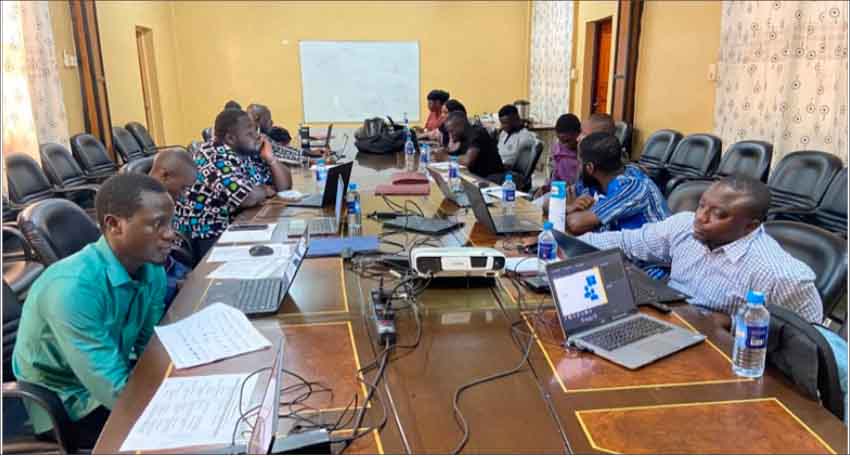By Lamin B. Darboe
At least fifteen staff from the Ministry of Public Service, Administrative Reforms, Policy Coordination and Delivery last week concluded a five-day training on survey skills, tools, among others. The training, coordinated by the Civil Service Reform and Planning Unit under the said ministry, was held at the Management Development Institute (MDI), in Kanifing.
The objective of the training is to help develop the capacities of the Ministry’s staff on research skills and tools in order to carry out relevant and timely surveys. This, it is believed, will enhance the Ministry’s institutional capacity to conduct relevant surveys in order to inform the policy formulation process.
The training, according to ministry’s officials, will expose the staff to the concepts, methods, and stages for the planning and implementation of a sample survey.
In his powerpoint presentation, IT trainer, Mr. Baboucarr Foon, informed participants of the three types of surveys: Online phone interviews, Paper-based or In-person interviews. According to Mr. Foon, when developing survey questions, you need to keep your questions concise, clear and easy to understand, use mix of open-ended and closed-ended questions and avoid leading or biased questions.
Director, Facilities at the University of The Gambia (UTG), Mr. Alieu Darboe, presented on two components: An overview of various survey types, and data analysis methods.
Mr. Darboe explained to participants the different types of surveys and research, which he catalogued as follows, exploratory, descriptive and causal-comparative surveys.
“Data analysis is an important part of both scientific research and business, where demand has grown in recent years for data-driven decision-making. Data analysis techniques are used to gain useful insights from datasets which can then be used to make operational decisions or guide future research,” Mr. Darboe explained.
Mr. Yaya Sawo, management trainer, Business Studies Department at MDI, dwelt on the topic: ‘Challenges of survey data collection and solutions. At the end of the training, MDI awarded participants with certificate of participation.




